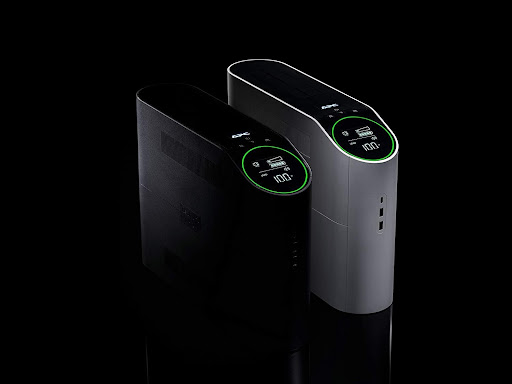Since we have started working from home, there are quite a lot of issues that do come up. One of the major ones include loss of electricity. Unfortunately, there is literally no place in India where power cuts are not a thing. This can single handedly cause you a lot of problems especially if you are working from home. Even a few minutes of power loss can cause you to log out of a crucial video meeting. Plus it looks terrible when some just disconnects from an important phone call.
For this purpose, there have been a lot of people who have invested in an UPS. Now, UPS are great appliances and can save you a ton of issues. They are cheaper than inverters and you can customize your purchase according to your requirements. UPS come in a variety of forms, sizes, and capacities. Choosing the one to best suit your needs might not be easy, but it is doable once you understand what exactly to look for.
The technicalities of a UPS are actually not far away from an inverter. Both appliances more or less function similarly, the only difference being the size and potential. Inverters come with a separate battery unit which allows them to output a huge amount of power, a level UPS unfortunately cannot reach. However, that said, inverters are also incredibly bulky and cannot be moved around once set in place and connected to your main power supply.
UPS on the other hand are incredibly portable and do not require it to be connected to the mains. So, if you have a low power need in case of a power outage, a UPS is a better option. Similarly, if you need to run a few different things in case of a power outage, an inverter works better.
So, once you have decided on how and what exactly your needs are, you can get on to buying the right kind of UPS for yourself.
First ask yourself, what do you exactly need it for. If you are looking for the best UPS for PC in India, you only need to make sure the device can power your system for a while. The power needed depends on how powerful your PC is. If you have a beefy PC with high specs and a power supply unit more than 650W, you would need a bigger, probably a 1100VA UPS to power it for a while.
Let us get to understanding what exactly a UPS is, and what use they are.
What is a UPS?
Short for Uninterruptible Power Supply, a UPS is essentially a battery backup power system that supplies power to any device, or a series of devices, in case of a power cut. Say you are working on something important and you lose electricity. Your work will be all for naught if you weren’t able to save it. A UPS gives you those crucial extra minutes so you can save your work and properly shut off your computer. A hard shutdown without a UPS can cause data loss, and can even corrupt or permanently damage your computer and equipment.
If you live in a place that experiences regular power cuts, and on top of that you are working from home, getting a UPS will surely help you out and allow you to complete your work even in case of a power cut. A UPS also helps during voltage fluctuations and acts also as a brilliant surge protector. If you have sensitive equipment, it is always a viable option to connect them to a UPS instead of a regular power outlet. It could potentially save your devices from getting destroyed during a power surge or during voltage fluctuations.
How to choose a UPS for Gaming PC

Now, the real question arrives. How to really choose the best UPS for a gaming PC. Gaming PCs are quite powerful and are usually powered by an equally powerful PSU. Generally, a gaming PC has a PSU of more than 550W. To power a strong PC like that, plus all the peripherals attached to it, and your screen as well, a UPS that can handle that kind of load is required.
Capacity is the only thing you should concern yourself with. Essentially, the power a UPS can output to your computer is known as capacity. Measured in Watts, you would first need to calculate the load, or the combined amount of power each device uses.
Even for the weakest of PCs, you should invest in a UPS of at least 600VA. That allows you enough power to keep your PC running for a good 15-30 mins. If you have a bigger, more powerful PC, anything less than 1100VA is just a waste of time essentially. If you have a PSU that is more than 650W, getting a 1100VA UPS is the best option and will easily provide you with extended runtime during power outages.
That said, Try to not connect peripherals like speakers, or if you have two monitors, do not connect both to the UPS. Connect only your cabinet and a single monitor so in case you have a power cut, your UPS lasts you enough time to finish your work and safely plug out your system.
A good UPS will last you a very long time, so make sure you get a branded product that can last you a really long time. Good brands might list their products a little higher than most others of similar capacity. But they make up for this spike in initial price as durability.


